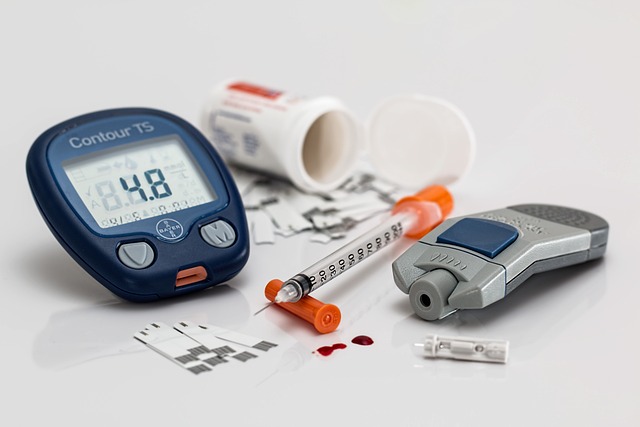
Hypertension, commonly known as high blood pressure by many, is a prevalent and potentially dangerous medical condition. It occurs when the force of blood against the walls of the arteries is consistently too high, leading to various health complications.
According to the World Health Organization (WHO), hypertension affects nearly one billion people worldwide, ranging from the young to the elderly. Fortunately, hypertension can be effectively managed through a combination of lifestyle modifications and, in some cases, medical intervention.
Maintain a Healthy Diet
Page Contents
A well-balanced and heart-healthy diet plays an important function in managing hypertension. Considering the following dietary recommendations is key;
a. Reduce Sodium Intake: High sodium consumption is strongly linked to elevated blood pressure. Limit your consumption of processed foods, canned foods, and fast food, as they are said to contain excessive amounts of sodium.
b. Increase Potassium Intake: Potassium helps counterbalance the effects of sodium concerning blood pressure. Incorporate a potassium-rich diet of foods like bananas, spinach, avocados, and sweet potatoes into your diet.
c. Embrace the DASH Diet: The Dietary Approaches to Stop Hypertension (DASH) diet emphasizes fruits, vegetables, whole grains, lean proteins, and low-fat dairy products. It has been proven by researchers it is effective in reducing blood pressure.
Engage in Regular Physical Activity
Regular exercise is vital when managing hypertension. Physical activity helps strengthen the heart, reduce stress, and maintain a healthy weight. Aim for 75 minutes of vigorous aerobic exercise or at least 150 minutes of moderate aerobic exercise per week. Some of the beneficial exercises include brisk walking, jogging, cycling, swimming, and dancing. Always consult with your healthcare provider before starting any new exercise regimen or your gym instructors when your doctor is unavailable.
Maintain a Healthy Weight
Being overweight increases the risk of developing blood pressure-related problems. Losing excess weight can significantly lower blood pressure. Combining a healthy diet with regular exercise can help achieve and maintain a healthy weight. Aim for a BMI that falls within the healthy range (18.5-24.9). This can be achieved by eating a healthy diet, regular exercise and also by taking supplements like Cardioton.
Limit Alcohol Consumption and Quit Smoking
Excessive alcohol consumption is linked to raising blood pressure and also contributing to weight gain. Limit your alcohol intake to moderate levels (up to one drink per day for women and up to two drinks per day for men) or even quit if possible. Additionally, smoking damages blood vessels and raises blood pressure. Quitting smoking can improve your overall cardiovascular health and decrease the risk of complications associated with hypertension.
Reduce Stress Levels
Chronic stress contributes to hypertension and other cardiovascular issues. Explore stress management techniques such as meditation, deep breathing exercises, yoga, or engaging in hobbies to help relax and reduce stress levels or seek psychiatric help. Adequate sleep is also crucial for managing stress and maintaining overall body health.
Monitor Your Blood Pressure Regularly
Regular blood pressure monitoring is essential while managing hypertension effectively. Visit your clinic or purchase a home blood pressure monitor and measure your blood pressure at home if possible. Keep a record of your readings and share them with your healthcare provider during check-ups. This helps to track changes and adjust treatment plans accordingly.
Adhere to Medication and Treatment Plans
In some cases, lifestyle modifications alone may not be enough to control hypertension. Medication may be recommended by your doctor to help control your blood pressure. Cardioton can be prescribed to ensure a healthy heart. It is crucial to take medications as prescribed and attend regular follow-up appointments to monitor your progress.
Managing high blood pressure requires a holistic approach comprising lifestyle modifications and, when necessary, medical intervention. By adopting a heart-healthy diet, engaging in regular physical activity, maintaining a healthy weight, limiting alcohol consumption, quitting smoking, reducing stress levels, monitoring blood pressure regularly, and adhering to treatment plans, individuals can effectively manage their hypertension and reduce the risk of associated complications.
Remember, small lifestyle changes can make a significant impact on your overall cardiovascular health, so start implementing these strategies today and take control of your blood pressure. Moreover, persons that do not suffer from hypertension should embrace a healthy lifestyle and take supplements like cardioton to enhance their cardiovascular health

Lifebing is driven by an unrelenting passion for promoting health and well-being, our team is wholly committed to curating exceptional content and immersive experiences.
